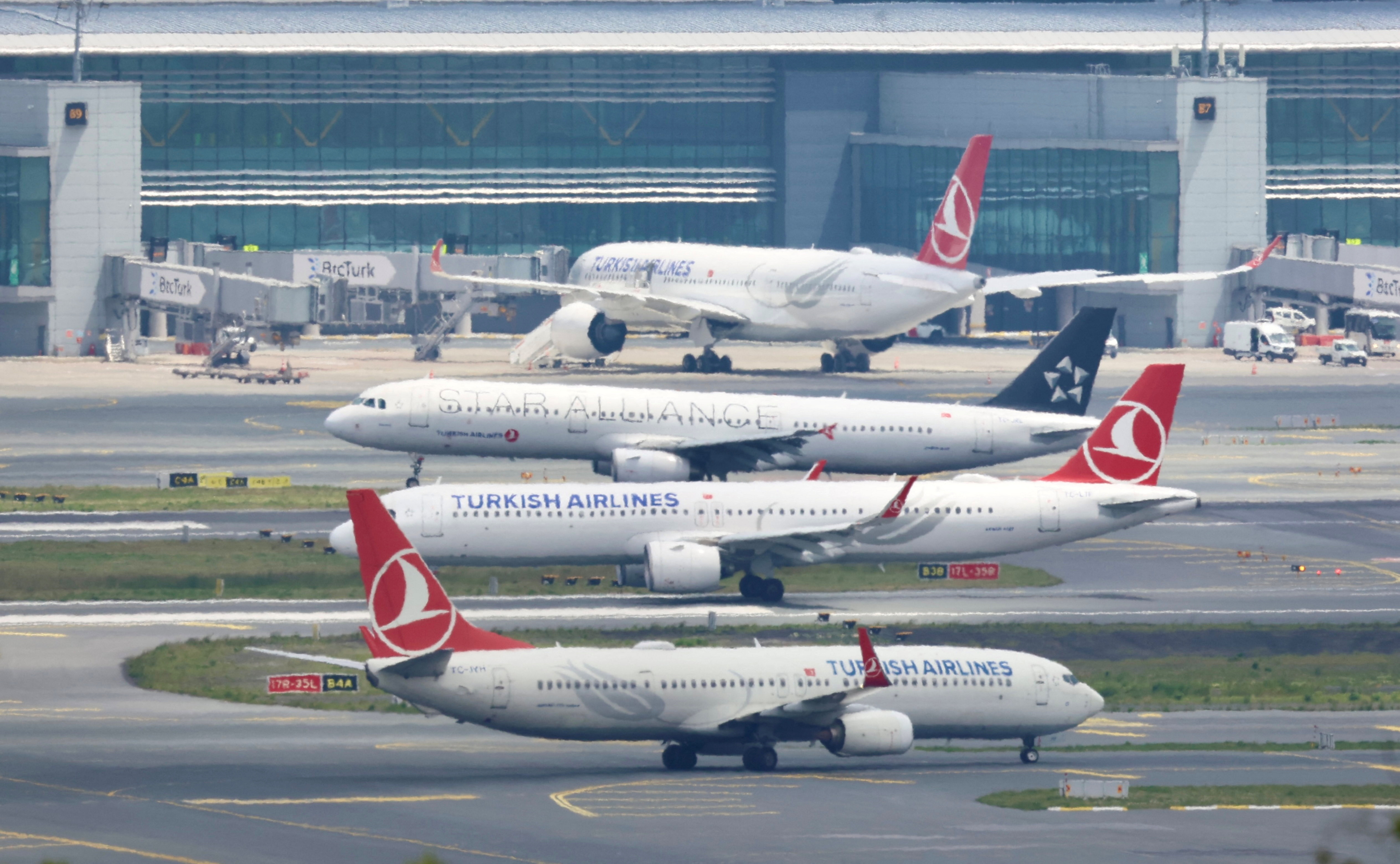Antalya, Türkiye — In an era marked by accelerating geopolitical tensions and global challenges, the 4th Antalya Diplomatic Forum (ADF) has emerged as a crucial platform for strengthening international dialogue.
This year’s edition, held from April 11 to 13 under the theme “Recovering Diplomacy in a Fragmented World,” is drawing active participation from countries of the Global South.
Türkiye’s diplomatic efforts as a mediator in numerous global crises have positioned it as a key partner to the Global South, advocating for a more inclusive and representative international order. This aligns with what Ankara has been advocating for years—one where developing and emerging nations have a stronger voice in decision-making processes.
In his opening speech, Türkiye’s President Recep Tayyip Erdogan reiterated the importance of dialogue over confrontation. “Once again, we emphasise that we choose dialogue over conflict, and common sense and global consciousness over polarisation,” he said to an audience of global leaders, diplomats, and experts.
The event brought together participants from 148 countries, including 19 heads of state and government, 52 foreign ministers and numerous other high-ranking officials.
Hector Cardenas Suarez, president of the Mexican Council on International Affairs (Comexi) and co-sponsor of the Antalya Forum, emphasised that the gathering provides a rare space to address complex global issues. “Here, you can have conversations that wouldn’t be possible elsewhere,” he said in an exclusive interview with TRT Espanol.
“You also have a unique mix of exceptional perspectives, which allows for new ways of understanding issues,” he said. “In the long term, this promotes smoother communication—and I believe it could even help resolve regional and international conflicts.”
Suarez also stressed that today’s global challenges—ranging from geopolitical tensions and inequality to violence and climate change—affect all of humanity. Forums like Antalya offer a space to seek concrete, collective solutions.
“If we can manage to communicate more effectively and truly listen to countries that often have divergent perspectives, we open the door to understanding and cooperation,” Suarez said.

Türkiye's ties with Latin America
Rolando Gonzalez Patricio, president of the Latin American and Caribbean Parliament (Parlatino), told TRT Espanol: “We live in a time when peace is under serious threat, and global challenges have intensified. The only viable path forward is dialogue and the construction of alternatives.”
“For that reason, it’s essential that Antalya be established as a recurring platform for dialogue—one that allows for the exchange of perspectives, the building of common ground, and the pursuit of new pathways,” he added.
“We’re talking about events in Latin America, developments in the Pacific, or issues in Africa. These concerns affect us all,” he said. “Gathering in forums like this allows us to explore solutions together.”
The Antalya Diplomatic Forum enables meaningful exchanges that help forge partnerships beyond traditional alliances. It offers a platform for “new solutions to global governance failures,” encouraging open dialogue about the dysfunction and eroding trust in international institutions.
Patricio also highlighted the long-standing and evolving relationship between Türkiye and Latin America—rooted in early waves of Ottoman migration to the region to its current political and diplomatic consolidation. He also emphasised that in 2021, Türkiye joined Parlatino as an observer member, further strengthening its ties with the region.
“For several years now, Türkiye has been an observer member of Parlatino,” he said. “This has created mutual benefits—a bridge, a window that allows the Grand National Assembly of Türkiye to better understand Latin American and Caribbean dynamics.”
Türkiye’s commitment to multilateral diplomacy—and to delivering tangible outcomes—is evident in its role as a bridge between regions and cultures. In a world that is increasingly interconnected, cooperation remains essential, especially for nations of the Global South.



















